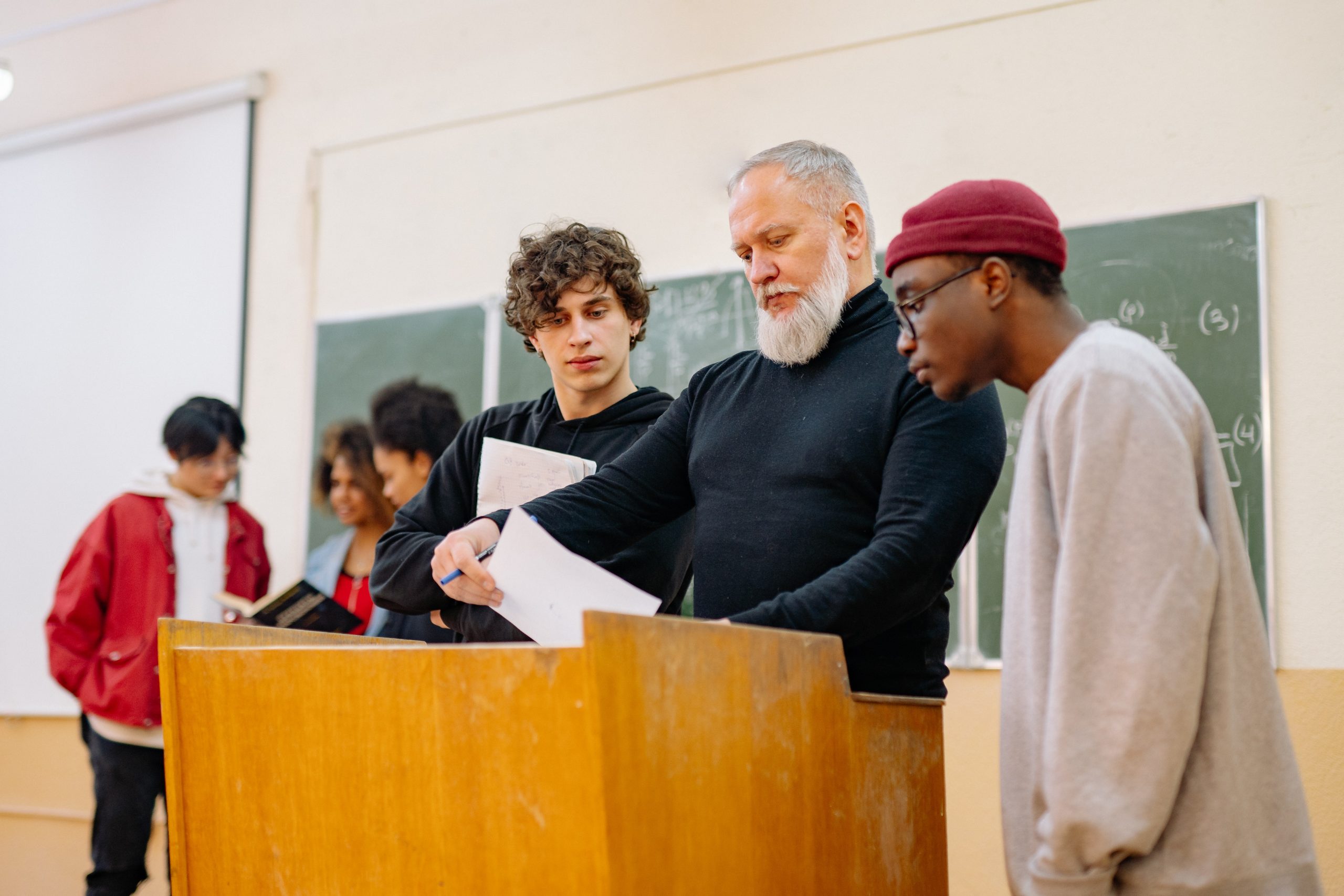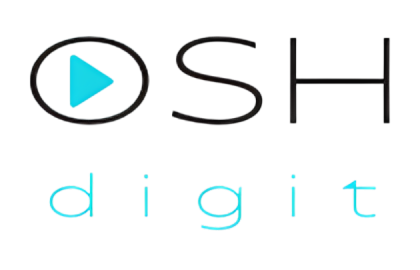Your cart is currently empty!
22. Bibliography

Alves, A. C., & Eira, R. (2015). A aprendizagem implícita do Empreendedorismo no desenvolvimento de projetos interdisciplinares. 8–24.
Alves, A. C., & Leão, C. P. (2015). Action, practice and research in project based learning in an industrial engineering and management program. ASME International Mechanical Engineering Congress and Exposition, Proceedings (IMECE), 5–2015. https://doi.org/10.1115/IMECE2015-51438
Alves, A. C., Moreira, F., Carvalho, M. A., Oliveira, S., Malheiro, M. T., Brito, I., Leão, C. P., & Teixeira, S. (2019). Integrating Science, Technology, Engineering and Mathematics contents through PBL in an Industrial Engineering and Management first year program. Production, 29. https://doi.org/10.1590/0103-6513.20180111
Alves, A. C., Moreira, F., Leao, C. P., & Fernandes, S. (2020a). Ten Years of Positive Feedback on Project-Based Learning From First-Year Engineering Students’ Perspective. ASME International Mechanical Engineering Congress and Exposition, Proceedings (IMECE), 9. https://doi.org/10.1115/IMECE2020-23212
Alves, A. C., Moreira, F., Leao, C. P., & Fernandes, S. (2020b). Ten Years of Positive Feedback on Project-Based Learning From First-Year Engineering Students’ Perspective. ASME International Mechanical Engineering Congress and Exposition, Proceedings (IMECE), 9. https://doi.org/10.1115/IMECE2020-23212
Alves, A. C., Moreira, F., Leao, C. P., & Teixeira, S. (2017). Tutoring experiences in PBL of industrial engineering and management program: Teachers vs students. ASME International Mechanical Engineering Congress and Exposition, Proceedings (IMECE), 5. https://doi.org/10.1115/IMECE2017-71306
Alves, A. C., Moreira, F., Lima, R., Sousa, R., Dinis-Carvalho, J., Mesquita, D., Fernandes, S., & Van Hattum-Janssen, N. (2012). Project based learning in first year, first semester of industrial engineering and management: Some results. ASME International Mechanical Engineering Congress and Exposition, Proceedings (IMECE), 5, 111–120. https://doi.org/10.1115/IMECE2012-89046
Alves, A. C., Moreira, F., & Sousa, R. M. (2007). O papel dos tutores na aprendizagem baseada em projectos: três anos de experiência na Escola de Engenharia da Universidade do Minho. Libro de Actas Do Congreso Internacional Galego-Portugués de Psicopedagoxía. A.Coruña/Universidade Da Coruña: Revista Galego-Portuguesa de Psicoloxía e Educación., 1, 1759–1770. http://repositorium.sdum.uminho.pt/handle/1822/18278
Alves, A., Sousa, R., Moreira, F., Alice Carvalho, M., Cardoso, E., Pimenta, P., Malheiro, M. T., Brito, I., Fernandes, S., & Mesquita, D. (2016). Managing PBL difficulties in an industrial engineering and management program. Journal of Industrial Engineering and Management, 9(3), 586–611. https://doi.org/10.3926/jiem.1816
Dewey, J. (1916). Democracy and Education: An Introduction to the Philosophy of Education. 434. http://books.google.com/books?id=tfUvXujrJHEC&pgis=1
Education 2030: Incheon Declaration and Framework for Action for the implementation of Sustainable Development Goal 4: Ensure inclusive and equitable quality education and promote lifelong learning opportunities for all; 2016. (2016).
Fernandes, S. (2021). Project-Based Learning: implementação no primeiro ano de um curso de Engenharia. In Project-Based Learning: implementação no primeiro ano de um curso de Engenharia. UMinho Editora. https://doi.org/10.21814/uminho.ed.26
Fernandes, S., Mesquita, D., & Lima, R. et al. (2009). The impact of peer assessment on teamwork and student evaluation. Innovation and Assessment of Engineering Curricula, 125–136.
Howe, E. R., & Watson, G. C. (2021). Finding Our Way Through a Pandemic: Teaching in Alternate Modes of Delivery. Frontiers in Education, 6, 187. https://doi.org/10.3389/FEDUC.2021.661513/BIBTEX
L. Earl, & S. Kartz. (2006). Rethinking Classroom Assessment with Purpose in Mind. Manitoba Education.
Lima, R. M., Carvalho, D., Assunção Flores, M., & van Hattum-Janssen, N. (2007). A case study on project led education in engineering: students’ and teachers’ perceptions. European Journal of Engineering Education, 32(3), 337–347. https://doi.org/10.1080/03043790701278599
Lima, R. M., Fernandes, S., Mesquita, D., & Sousa, R. M. (2009). Learning Industrial Management and Engineering in Interaction with Industry. First Ibero-American Symposium on Project Approaches in Engineering Education – PAEE2009, 219–227. https://www.researchgate.net/publication/270823411_Learning_Industrial_Management_and_Engineering_in_Interaction_with_Industry
Mesquita, D., Lima, R. M., & Flores, M. A. (2013). Developing professional competencies through projects in interaction with companies: A study in Industrial Engineering and Management Master Degree. Fifth International Symposium on Project Approaches in Engineering Education (PAEE’2013): Closing the Gap between University and Industry, 2000, [1-7]ID103.
Moreira, F., Mesquita, D., & Hattum-Janssen, N. (2011). The importance of the project theme in project-based learning: a study of student and teacher perceptions. International Symposium on Project Approaches in Engineering Education (PAEE’2011): Aligning Engineering Education with Engineering Challenges, 31–35. https://repositorium.sdum.uminho.pt/handle/1822/14952%0Ahttp://repositorium.sdum.uminho.pt/
Powell, P. C. (2004). Assessment of team-based projects in project-led education. European Journal of Engineering Education, 29(2), 221–230. https://doi.org/10.1080/03043790310001633205
Powell, Peter Weenk, W. (2003). Project‐led engineering education. Lemma Publishers.
Reis, A. C. B., Barbalho, S. C. M., & Zanette, A. C. D. (2017). A bibliometric and classification study of Project-based Learning in Engineering Education. Production, 27(Special Issue), e20162258. https://doi.org/10.1590/0103-6513.225816
-
10. Index

Students Construction of the coordination team of the project The role of the Tutor Description of the Project Presupposition Skills Development Timing Organization Evaluation Peer Assessment Self-reflection to collect student´s feedback about evaluation Resources Bibliography
-
11. Introduction

The OSHDigit project is an innovative and contemporaneous vision of the learning process and because of that the main objective is the introduction of new methodologies of teaching/learning. This learning concept fits into the teaching-learning model of active or cooperative learning (Lima et al., 2007). With the objective is developing new and refreshing methods of…
-
12. Students

This project includes Occupational Safety and Health students who want to acquire knowledge of the different programmatic contents. It is essential to connect with the team to accompany all development systematically. Having a remote connection and physical availability is imperative because some of the activities can also stimulate the interaction between digital and real realities.…
-
13. Project coordination team

The coordination team is composed of the teachers of the curricular units involved in this project, and that can give support to its development. That involves the tutors related to the different teams, the course director, and sometimes researchers from the educational area. The professors’ essential contribution is giving technical support to achieve the competencies…
-
14. The role of the Tutor

The role played by the tutor is very determinant in the performance of the team because the tutor is responsible for the stimulation of interest and for more detailed and profound research carried out during the learning process. The tutor verifies the capacities development defined by the Project Guide and the presentation of the final…
-
15. Description of the Project

The project developed in this scope does not have a singular answer. The requisite is to be challenging and constructive for the teams involved, and for all individuals. The students need to develop and demonstrate the skills obtained through the different curricular units athwart the project. Topic Usually, the topic is suggested by the university…
-
16. Presupposition Skills Development

The skills that should be developed by the students through the development of this project are illustrated in the following image: Essentially, it is intended that students can acquire knowledge from the different areas involved but furthermore that they can establish a relationship between the concepts and the subjects of all the curricular units. Cross…
-
17. Timing Organization

Organization of the first/second week- pilot project Time organisation becomes crucial to achieve the targets and positively evaluating the control points (see control points below). As such, an initial organization of the project must be presented in the beginning, which will work as a guideline that can be applied in the primordial phase (1st week)…
-
18. Evaluation

The final punctuation/score of the student is dependent on the methodology adopted by the different disciplines involved. This can depend on multiple and distributed moments of evaluation like tests, team papers, class participation, etc. This should be designed by the teachers and communicated to the students during the initial moments of each curricular unit. The…
-
19. Peer Assessment

Involving students in evaluation can be beneficial for the learning process. Falchikov (1995) defines peer assessment as an evaluative process through which teams of individuals rate their peers/mates. This assessment practice uses rating instruments or checklists designated to fill teams’ particular needs (Dochy et al., 1999). However, students and teachers still feel insecure about this…
